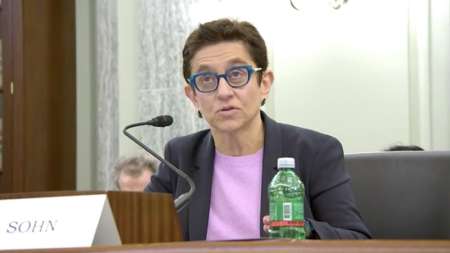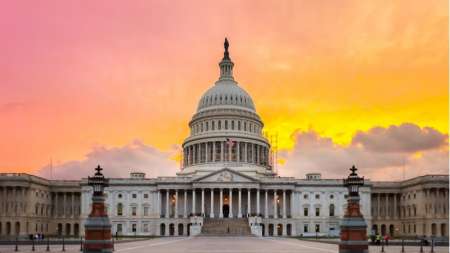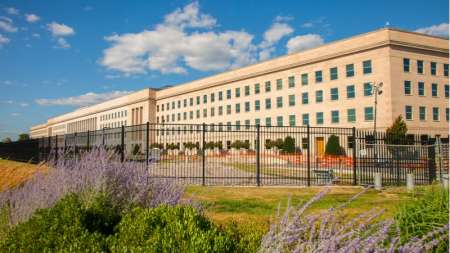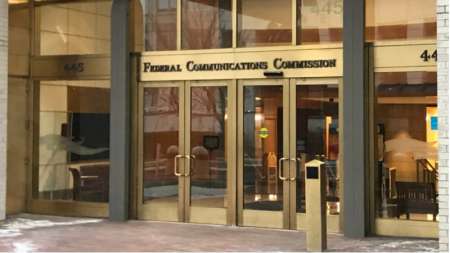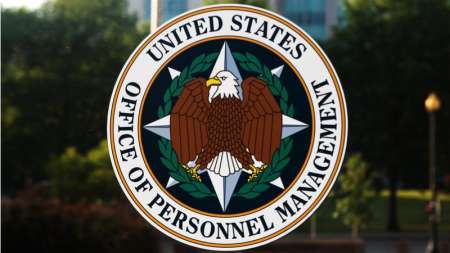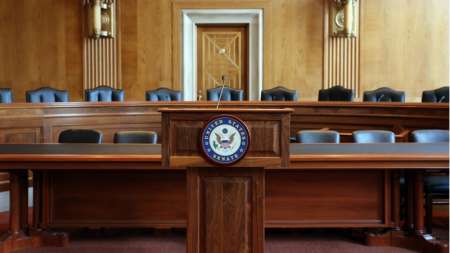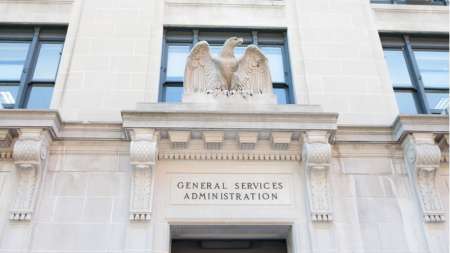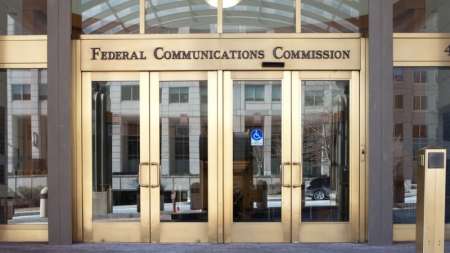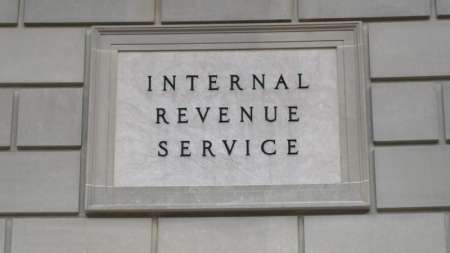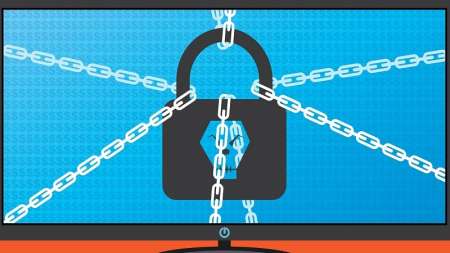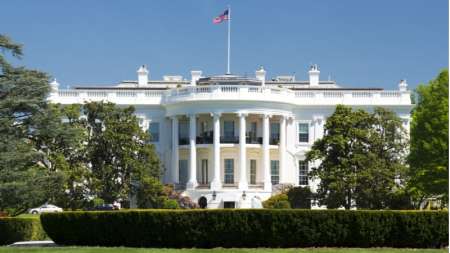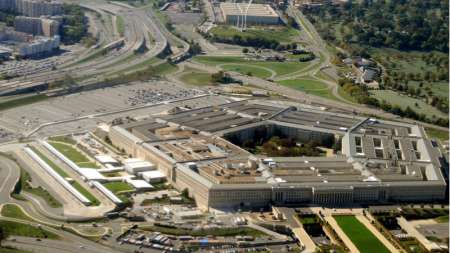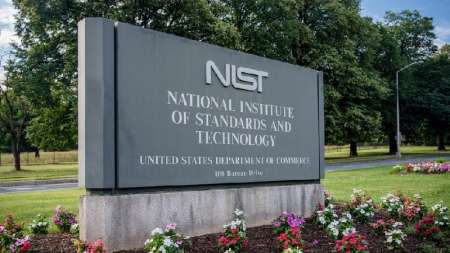While the Office of the National Cyber Director (ONCD) is still the new kid on the block in Federal cybersecurity policy circles, National Cyber Director Chris Inglis said this week that his office’s success ultimately will hinge on whether it can unite policy, people, and doctrine to act as a viable collaborator with the Federal government and private industry. […]
The Senate Commerce, Science, and Transportation Committee held a second hearing Feb. 9 on the nomination of Gigi Sohn to become an FCC commissioner, which produced little in the way of new information about her qualifications for the position, and not much insight into when or whether the Senate may take action to confirm the nomination. […]
While Congress has taken several steps to shine a light on the workings of the digital assets market, Rostin Behnam, chairman of the Commodity Futures Trading Commission (CFTC), says lawmakers still need to address the CFTC’s lack of enforcement authority in the digital asset space. […]
The Department of Veterans Affairs (VA) is taking a deeper look to evaluate its supply chain management system, the Defense Medical Logistics Standard Support (DMLSS), which the VA adopted from the Department of Defense’s (DoD) Defense Logistics Agency in 2019. […]
A group of House and Senate members from both major political parties urged five Federal agencies in Feb. 9 letters to end their use of facial recognition technologies, particularly those that employ AI tools supplied by software firm Clearview. […]
After reviewing the cyberattack trends from 2021, the Cybersecurity and Infrastructure Security Agency (CISA) issued a joint advisory with the FBI and other international security partners warning of the rising global threat of ransomware and gave mitigation and remediation advice. […]
A Defense Information Systems Agency (DISA) official explained today how the agency is approaching work on its Thunderdome zero trust prototype project, along with associated identity, credential, and access management (ICAM) efforts, and said DISA expects to have further updates on those over the next several months. […]
The Federal Communications Commission (FCC) said it plans to commit nearly $125.9 million in its ninth wave of Emergency Connectivity Fund (ECF) program support. […]
According to a new report from the Government Accountability Office (GAO), the Office of Personnel Management (OPM) needs to generate more reliable data on Federal telework. […]
The House of Representatives has passed a stopgap continuing resolution (CR) bill to avoid a Federal government shutdown and fund government operations until March 11. […]
A lack of data – plus data collection challenges – are significant barriers to anti-human trafficking efforts both domestically and globally, witnesses at a Feb. 8 hearing told members of the House Science, Space, and Technology Committee. […]
Internal Revenue Service (IRS) Commissioner Charles Rettig told Sen. Maggie Hassan, D-N.H., in late December that the IRS needs more money and changes to the tax code to better prevent and prosecute criminal uses of cryptocurrency, which has emerged in recent years as a favored medium of exchange involving ransomware and other cyber attacks. […]
Partnerships play a big role in driving health IT innovation, and experts from the Department of Defense’s (DoD) Military Health System (MHS) advise government organizations to leverage industry partnerships for innovative ideas and opportunities. […]
The General Services Administration (GSA) has awarded the second cohort of the 8(a) STARS III Governmentwide Acquisition Contract (GWAC) to streamline procurement from prime contractors. […]
Federal law enforcement seized more than $3.6 billion in stolen cryptocurrency directly linked to the 2016 hack of virtual currency exchange Bitfinex, and have arrested a husband and wife from New York allegedly connected to the stolen bitcoins. […]
In the wake of the discovery and remediation efforts surrounding the Log4shell vulnerability in the Apache library that contains Log4j, the Cybersecurity and Infrastructure Security Agency (CISA) called for efforts to push forward a software bill of materials (SBOM). Those calls were reiterated today at a Senate hearing on the vulnerability by industry witnesses involved in remediation efforts. […]
Federal Communications Commission (FCC) Chair Jessica Rosenworcel today announced the formation of a cross-agency task force that will focus on creating rules and policies to combat digital discrimination and to promote equal broadband access nationwide. […]
The National Oceanic and Atmospheric Administration (NOAA) inadequately managed three active directories, increasing the risk of cyberattacks and jeopardizing NOAA’s ability to accomplish its mission. […]
The IRS is planning to transition away from using facial recognition technology provider ID.me to verify IRS.gov accounts, according to Senate Finance Committee Chair Ron Wyden, D-Ore. […]
The Department of Homeland Security (DHS) has launched two new online resources for supporting noncitizen service members, veterans, and their families. […]
Leadership of the Senate Homeland Security and Governmental Affairs Committee has introduced a package bill in the Senate that would update both the Federal Information Security Management Act (FISMA), which sets cybersecurity requirements for Federal agencies, and codify the Federal Risk and Authorization Management Program (FedRAMP) that certifies cloud services as secure to use for Federal government agencies. […]
Eric Lander, the director of the White House Office of Science and Technology Policy (OSTP), resigned from his post on Feb. 7 following reports that he bullied and demeaned his subordinates. […]
The Senate has confirmed U.S. Navy Vice Adm. Frank D. Whitworth III to serve as the eighth director of the National Geospatial-Intelligence Agency (NGA). […]
The National Security Agency (NSA) released its “2021 NSA Cybersecurity Year in Review” report that highlights a year filled with increased collaboration with industry experts to mitigate cyber threats. […]
The National Institute of Standards and Technology (NIST) has published five directives identifying practices that enhance security of the software supply chain. […]
The Department of Defense (DoD) has finalized its Software Modernization Strategy to help enable delivery of resilient software capabilities. […]
In their efforts to help shrink the cyber workforce shortage, officials from the Office of the National Cyber Director (OCND) and the Cybersecurity and Infrastructure Security Agency (CISA) are emphasizing the need for collaboration and creation of a more robust culture of cybersecurity – starting with K-12 education on up. […]
House and Senate leaders are steering toward another stopgap continuing resolution (CR) funding bill to avoid a Federal government shutdown when the current CR approved in December 2021 expires on Feb. 18. […]
The National Institute of Standards and Technology (NIST) has hired Mark Lantonero, a PhD and longtime member of the AI research and academic communities, as a senior policy advisor for AI and international collaboration, Lantonero announced on LinkedIn. […]
Bipartisan legislation introduced in both the House and Senate would direct the Department of Labor to award grants aimed at increasing access to registered apprenticeship programs in cybersecurity. […]


